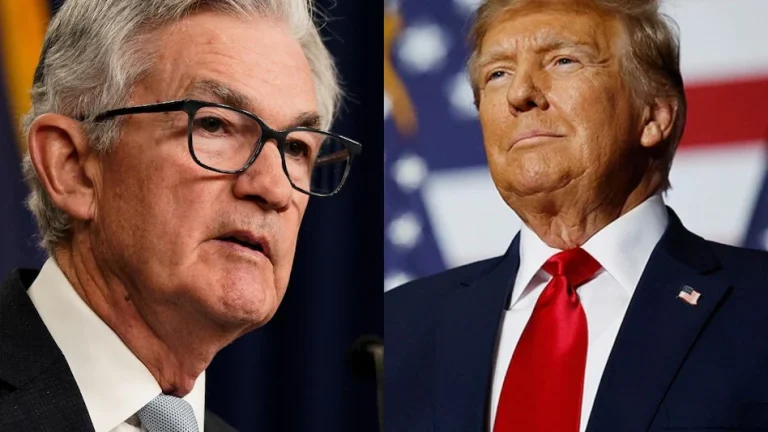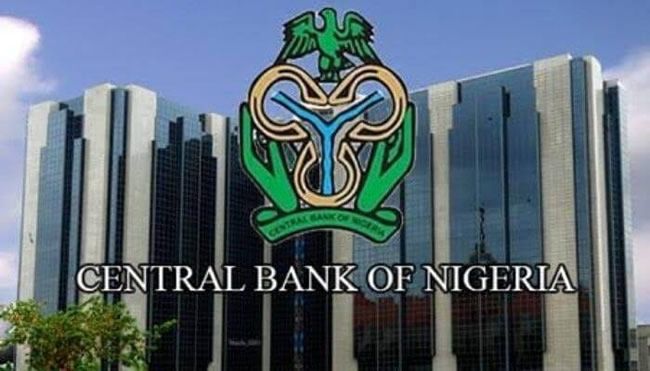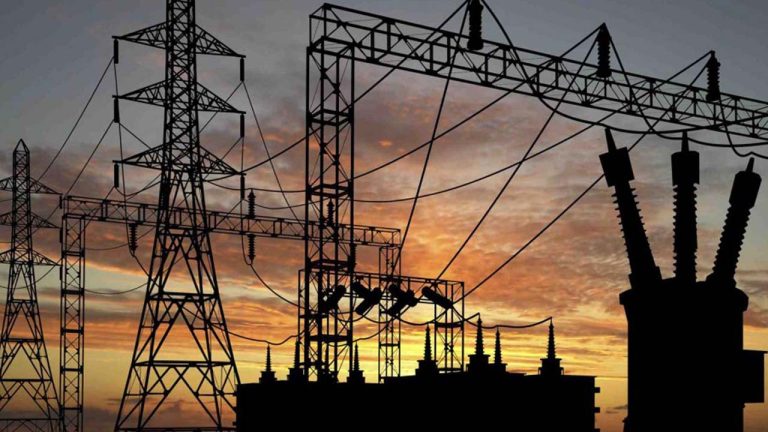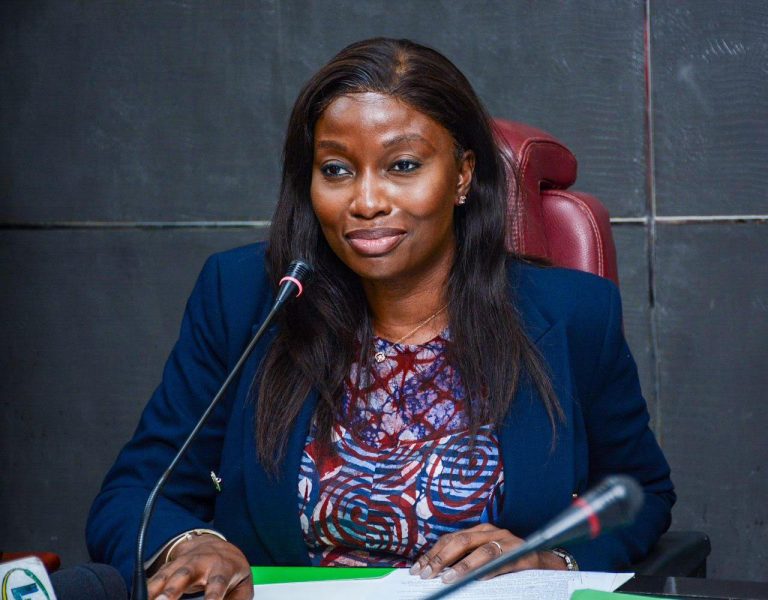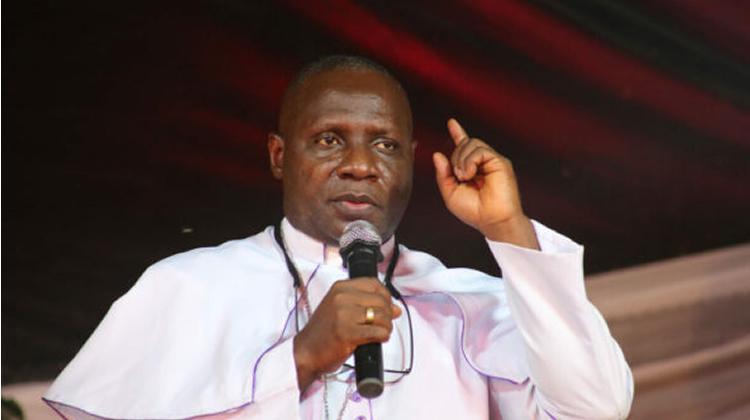
The President of the Christian Association of Nigeria (CAN), Archbishop Daniel Okoh, has reiterated the Association’s stance that Christians in Nigeria are facing genocide, urging both the Federal Government and the international community to take urgent and decisive measures to protect vulnerable communities across the North and Middle Belt regions.
Archbishop Okoh made the remarks on Tuesday during the opening of CAN’s fourth quarterly National Executive Council (NEC) meeting at Crispan Hotel in Jos, Plateau State.
The event was attended by clerics from across the country and Plateau State Deputy Governor Ngo Josephine Piyo, representing Governor Caleb Mutfwang.
Addressing the gathering with deep emotion, Okoh said the Christian community would no longer remain silent amid “repeated, coordinated, and clearly targeted attacks” against Christians. He described the pattern of violence as genocidal, noting the widespread loss of life, destruction of communities, and displacement of families.
“It would be a grave injustice to ignore the painful reality of what has transpired—lives brutally cut short, communities uprooted, families torn apart, churches razed, and hopes shattered,” he said. “CAN has spoken clearly and courageously on this matter, and we stand unwaveringly by our position that there is Christian genocide in Nigeria.”
Okoh stressed that thousands of lives have been lost, communities destroyed, and perpetrators continue to act with impunity. He welcomed growing international attention, suggesting it could spur decisive government action to protect lives and restore peace.
“Although it is painful that Nigeria is spotlighted for such grievous reasons, if international scrutiny is necessary to prompt meaningful action to safeguard lives, then we, the Christian community in Nigeria, welcome it,” he said.
Reassuring affected communities, he declared:
“You are not forgotten. You are not abandoned. The Body of Christ stands firmly with you.”
While acknowledging the efforts of security agencies, Okoh expressed concern over the persistence of killings, kidnappings, and mass displacements. He called for the immediate resettlement of internally displaced persons (IDPs) to their ancestral homes, describing their prolonged stay in camps as a stain on the nation’s conscience.
“No one should be persecuted or killed because of their faith,” he said. “We renew our appeal to the Federal Government and the international community to act decisively to halt the senseless destruction of lives.”
He urged unity among Christian leaders and encouraged resilience in the face of grief, adding:
“Even in the midst of pain, we remain a people of hope. This darkness shall not overcome the light of Christ.”
The CAN President also expressed appreciation to Governor Mutfwang for hosting the meeting and commended Plateau State’s support for Christian communities, emphasizing the need for sustained security and peace-building efforts.
“By the grace of our Lord Jesus Christ, Plateau will rise again,” he said.
The NEC meeting is set to focus on strengthening church unity and promoting strategies for peace, justice, and reconciliation nationwide.
Meanwhile, international concern has intensified. On October 31, 2025, U.S. President Donald Trump redesignated Nigeria as a Country of Particular Concern (CPC) over violations of religious freedom, citing ongoing attacks on Christian communities, including killings, kidnappings, and church destruction.
Trump warned that the U.S. could take action—including potential military intervention—if the Nigerian government fails to address the attacks. He also threatened to halt all U.S. aid should the government not protect Christian citizens.
“If the Nigerian Government continues to allow the killing of Christians, the USA will immediately stop all aid and assistance and may even take direct action to eliminate the terrorist threats targeting our cherished Christian communities,” Trump said on November 1, 2025.
He added that the U.S. Department of War had been instructed to prepare for potential action, stating, “If we intervene, it will be fast, decisive, and unrelenting—just as the terrorists attack our people.”
